Ghost stories have a funny way of sneaking up on us. One minute you’re curled in your chair, cup of tea in hand, convinced you’re safe in the glow of your reading lamp—and the next, you’re side‑eyeing that shadow in the corner and debating whether your old house actually does groan more at night.
For this list, I went hunting—not with proton packs or salt circles, but with library catalogs, award lists, and a fondness for the kind of stories that Alfred Hitchcock would appreciate. You’ll find a mix here: a few “big name” favorites that show up on nearly every haunted bookshelf and some harder‑to‑spot specters that deserve more of the limelight. Every pick comes with a pedigree. All of them have snagged an award or stirred up serious literary acclaim, so you know you’re not just chasing whispers in the dark.
In short: these aren’t cheap jump scares. They’re the kind of ghost stories that stick to you like cobwebs. Ready to crack open the covers and invite something eerie into the room?
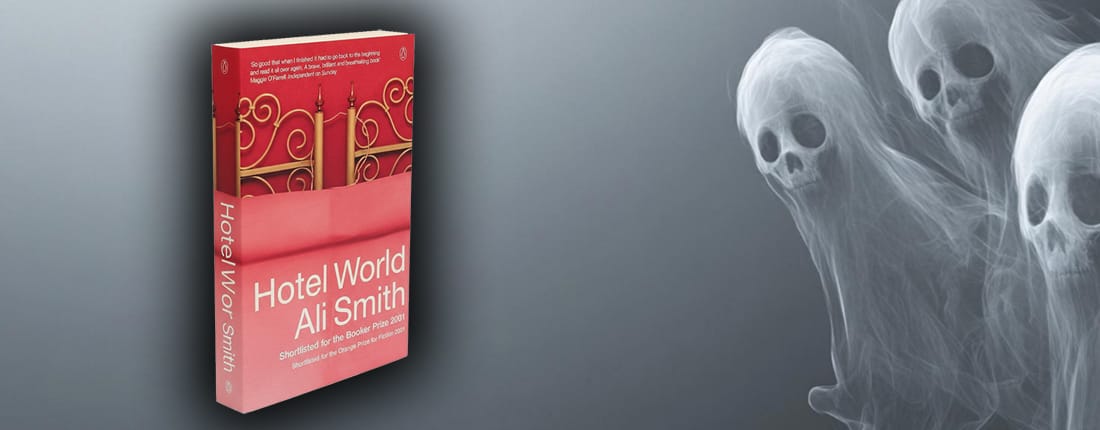
Hotel World (2001) by Ali Smith
Recognition: Booker Prize shortlist, Women's Prize for Fiction
Features a dead chambermaid among its narrators in formally inventive, spectral fragments. The novel moves through grief, memory, and capitalism’s margins with a ghostly chorus that complicates time and perspective. Smith’s innovation shows how hauntings can be structural as well as thematic.
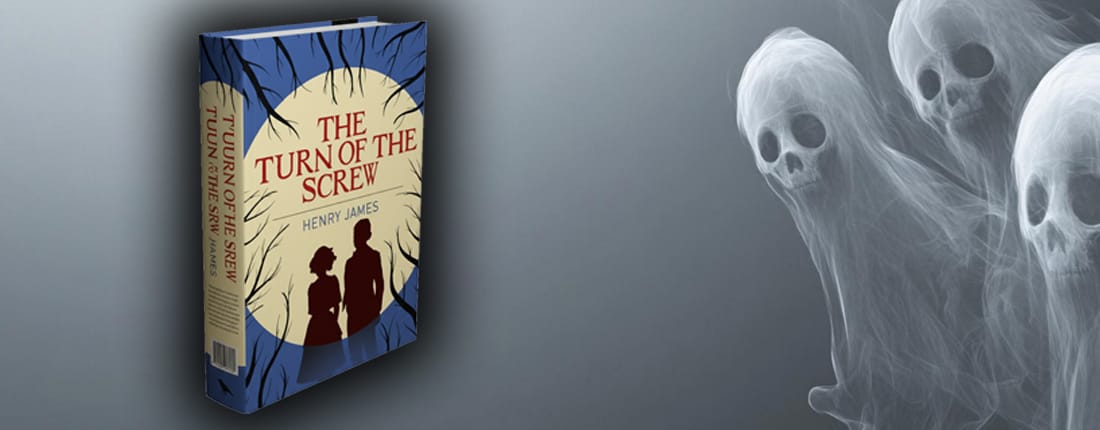
The Turn of the Screw (1898) by Henry James
Recognition: Included on contemporary “best ghost novels” staff lists for libraries
A governess believes two children are menaced by the ghosts of former servants; the tale’s ambiguity inspired a century of debate about unreliable narration and repression. Its ongoing critical and cultural influence keeps it current on modern ghost lists.
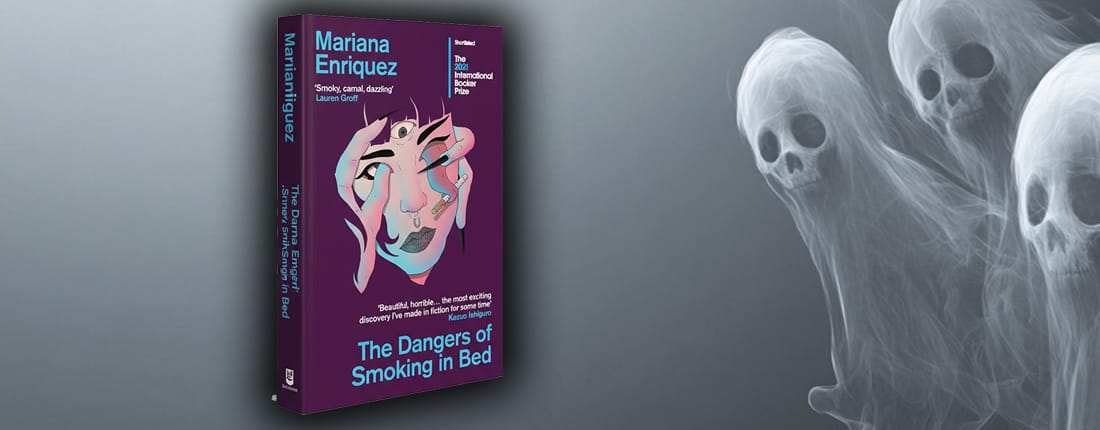
The Dangers of Smoking in Bed (2017; Eng. 2021) by Mariana Enriquez
Recognition: Shortlisted for the International Booker Prize
This story collection includes urban ghosts and cursed relics, saturating Buenos Aires with the supernatural. Enriquez explores poverty, desire, and the occult with visceral imagery and spectral visitations. Its prize attention helped globalize a new wave of politically inflected ghost fiction.

Beyond Black (2005) by Hilary Mantel
Recognition: Booker Prize longlist, Women's Prize for Fiction
This novel follows a medium plagued by vicious spirits of her past. As Alison tours suburban venues, her “spirit guide” and ugly memories intrude, suggesting that hauntings can be social, psychological, and spectral at once. Mantel’s incisive prose reframes haunting as a form of biography and harm.
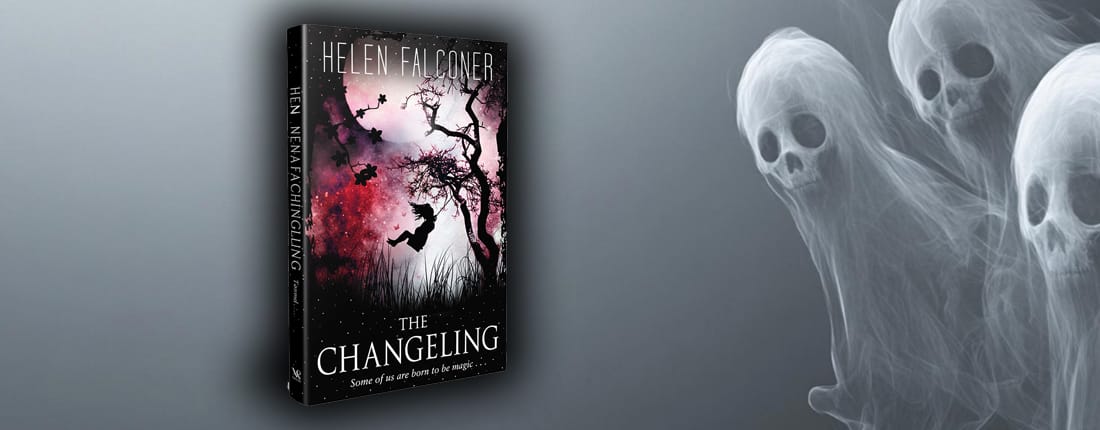
The Changeling (2017) by Victor LaValle
Recognition: Winner of Best Horror Novel at the British Fantasy Awards
This book reframes a parent’s odyssey through folklore, urban myth, and haunting loss. After a shocking act and disappearance, a father navigates magical boroughs and spectral threats to uncover the truth about his family. LaValle’s blend of mythic horror and social realism earned broad critical accolades.
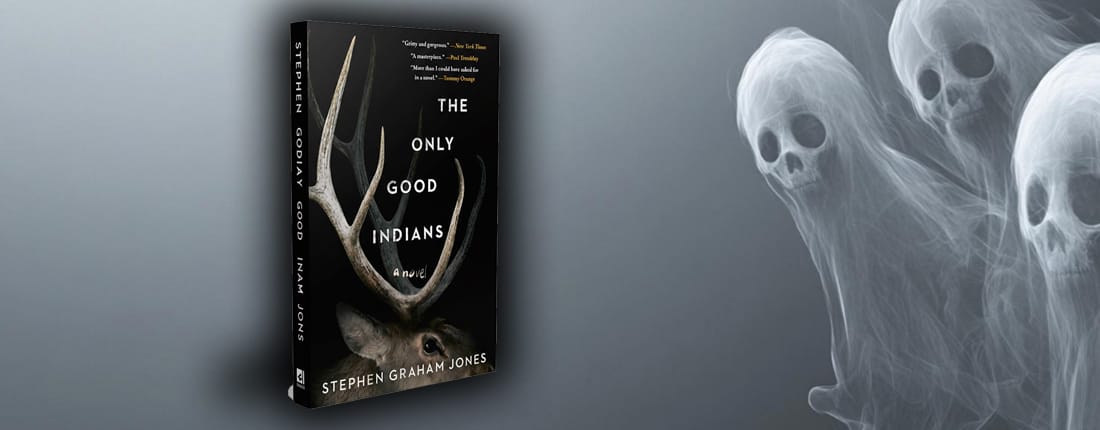
The Only Good Indians (2020) by Stephen Graham Jones
Recognition: Winner of the Bram Stoker Award and the Shirley Jackson Award
This revenge‑ghost narrative fuses cultural memory with relentless dread. Four friends are hunted by a shape‑shifting spirit born of a violation during a long‑ago elk hunt, confronting history and identity. Its awards run affirmed the vitality of contemporary Indigenous horror.
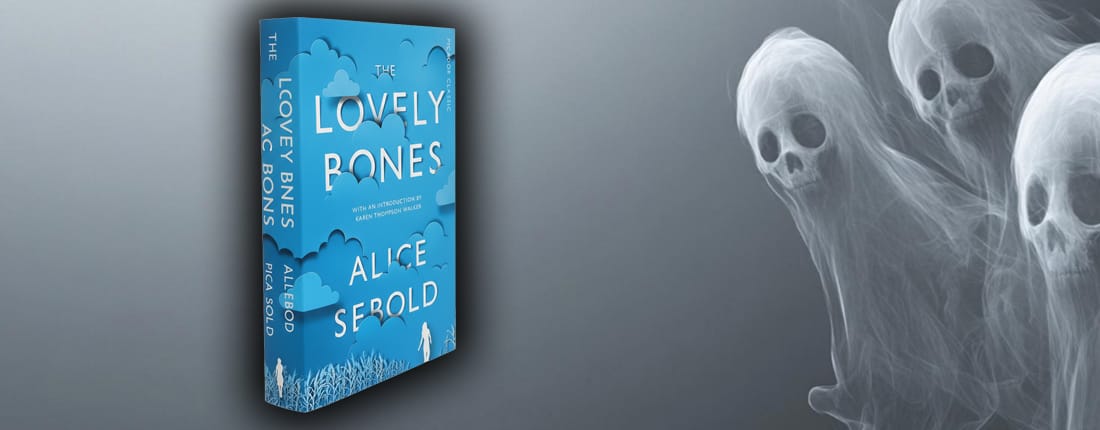
The Lovely Bones (2002) by Alice Sebold
Recognition: British Book Awards' Bookseller Discovery Award, made into a major motion picture
This book that tells the story of 14-year-old Susie Salmon, who is raped and murdered by her neighbor and then watches from her personal heaven as her family and friends cope with her death.

The Fisherman (2016) by John Langan
Recognition: Winner of the Bram Stoker Award for Best Novel
This book is frequently singled out as a modern horror masterpiece that entwines cosmic folklore with hauntings. Two widowers’ fishing trips lead to a cursed reservoir and a tale within a tale about grief, revenants, and a sinister water‑wraith. Its elegiac tone and nested storytelling made it a standout in 21st‑century supernatural fiction.

Lincoln in the Bardo (2017) by George Saunders
Recognition: Winner of the Man Booker Prize
This experimental chorus of ghosts surrounding Abraham Lincoln’s grieving vigil for his son Willie is widely ranked among the decade’s best novels. Set in a cemetery’s liminal “bardo,” it weaves documentary fragments and spectral voices into a meditation on grief and the afterlife. Its prize pedigree and inventive form broadened the literary possibilities for ghost narratives.
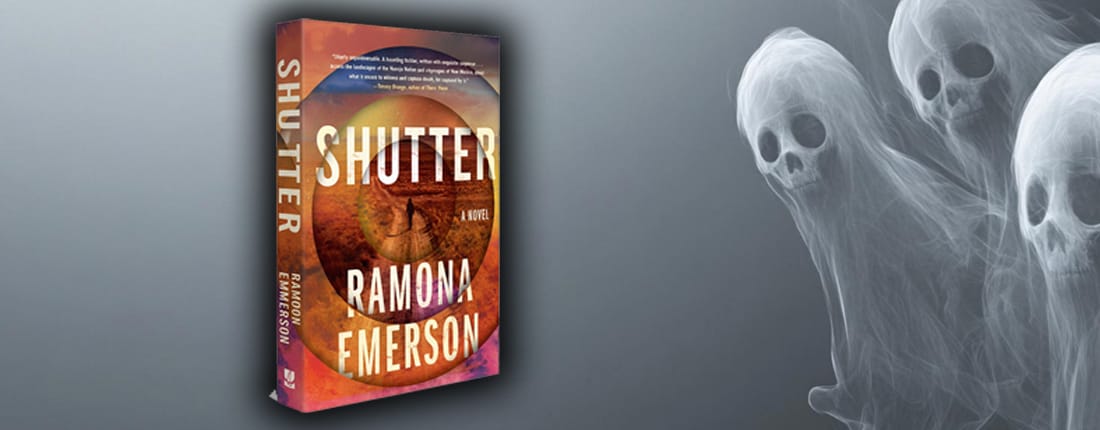
Shutter (2022) by Ramona Emerson
Recognition: National Book Award longlist, Pen/Haemingway Award for Debut Novel, Edgar Award for Best First Novel.
Shutter is a gripping crime thriller with supernatural elements set in New Mexico's Navajo Nation. It follows forensic photographer Rita Todacheene, who can see the ghosts of crime victims and pursues justice for their deaths.

Song of Kali (1985) by Dan Simmons
Recognition: World Fantasy Award (Best Novel)
Set in Calcutta, where a journalist encounters a cult surrounding a death goddess and spirits of the dead, this novel is often cited as one of the scariest and most original ghost books of its era.

Ghost (2016) by Jason Reynolds
Recognition: National Book Award Finalist, multiple youth awards
Centered more on metaphorical ghosts, this acclaimed novel about a boy running from trauma tackles resilience and identity, winning numerous youth and literary awards.
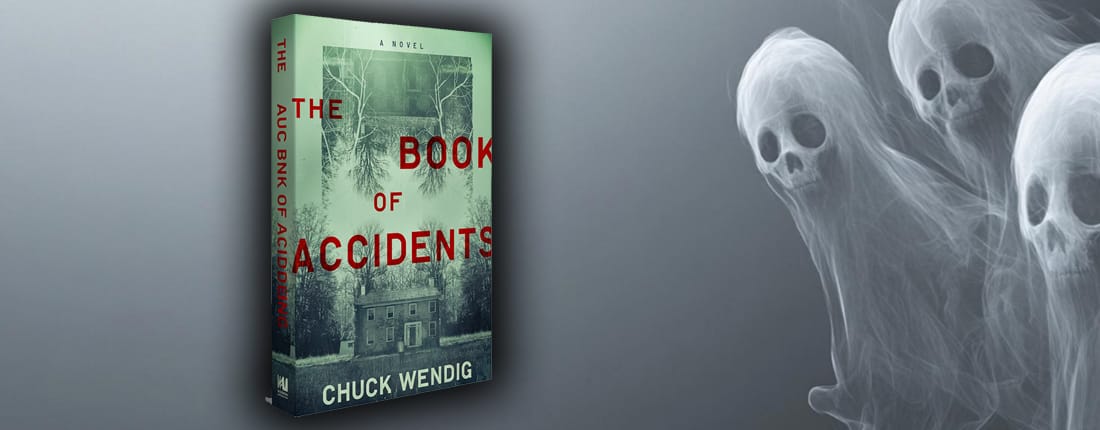
The Book of Accidents (2021) by Chuck Wendig
Recognition: Bram Stoker Award finalist
Trauma and supernatural horror collide as a family returns to their ancestral haunted home, encountering chilling secrets and malevolent spirits.
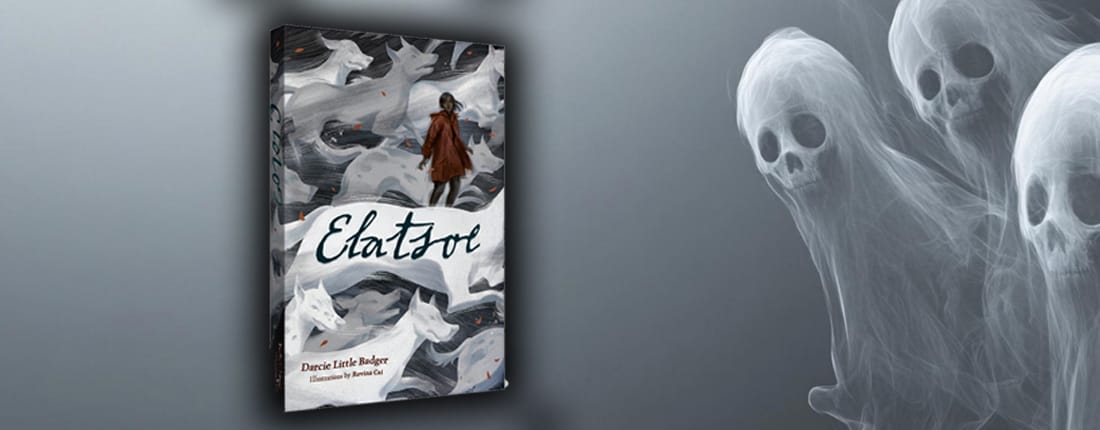
Elatsoe (2020) by Darcie Little Badger
Recognition: Nebula Award finalist, Locus Award nominee
This middle-grade fantasy features an Indigenous girl with ghost-raising abilities as she solves a supernatural mystery. The book is praised for cultural representation, warmth, and imaginative storytelling.

The Monsters We Defy (2022) by Leslye Penelope
Recognition: Lambda Literary Award nominee
Set in the 1920s, this historical fantasy follows a young woman who uses her supernatural gifts to solve a murder, offering a blend of ghost lore, magic, and diverse representation.
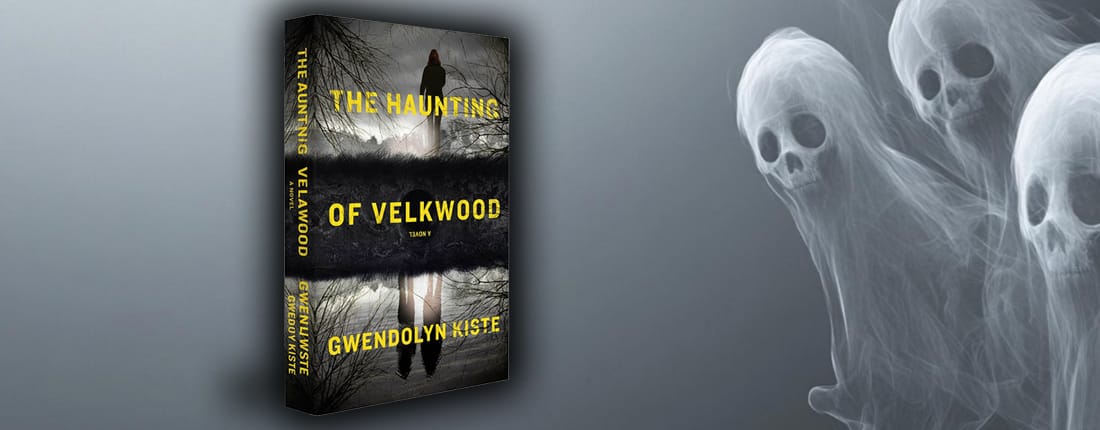
The Haunting of Velkwood (2024) by Gwendolyn Kiste
Recognition: Bram Stoker Award (author)
Three women are the only survivors when their suburban neighborhood is enveloped by a supernatural veil—everyone else becomes ghosts. Kiste explores memory, trauma, and haunting in this LGBTQIA+-inclusive, absorbing novel.
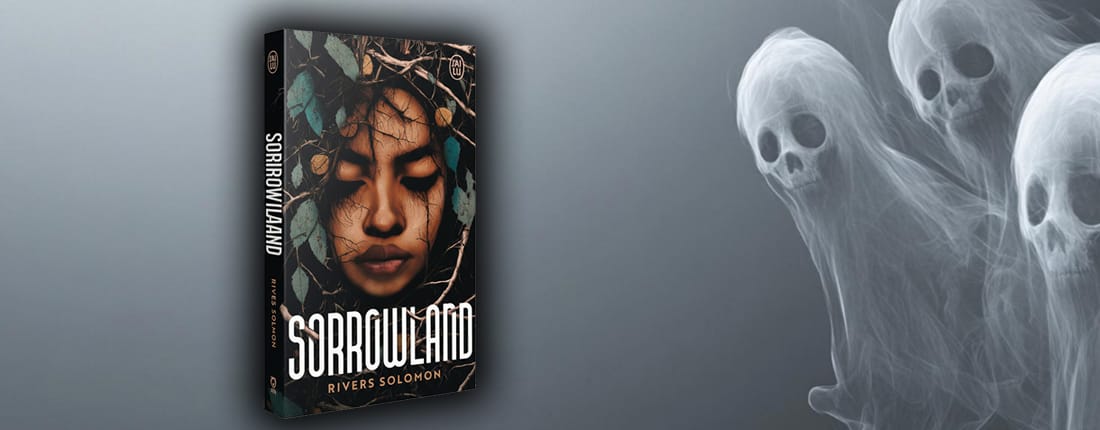
Sorrowland (2021) by Rivers Solomon
Recognition: Otherwise Award, Locus Award finalist
Haunted by both spirits and physical mutations, Solomon’s protagonist escapes a cult and confronts the supernatural and societal legacy of trauma. The novel is acclaimed for its bold take on horror and identity.
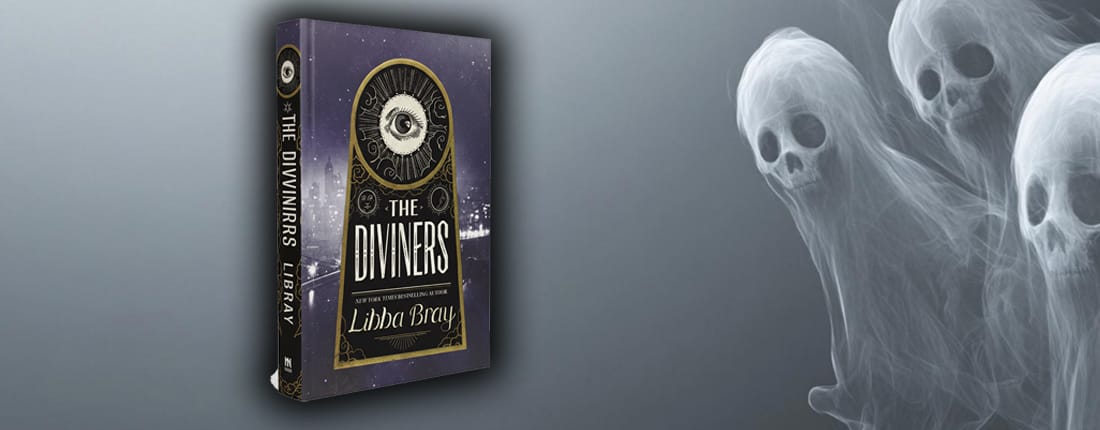
The Diviners (2012) by Libba Bray
Recognition: American Library Association Best Fiction
This young adult paranormal novel brings 1920s New York to life with flappers, jazz, and supernatural murder. Bray’s diverse cast and immersive ghostly lore earned accolades for originality and historical detail.

The Graveyard Book (2008) by Neil Gaiman
Recognition: Newbery Medal, Carnegie Medal
Gaiman’s inventive children’s novel follows a boy raised by ghosts in a cemetery after his family is murdered. With whimsical yet haunting prose, it bridges fantasy and horror, earning universal praise for both plot and atmosphere.
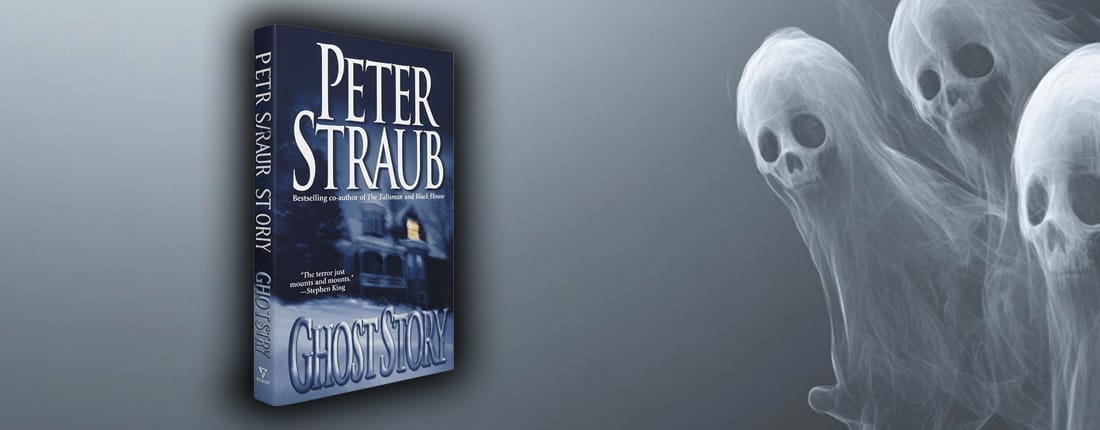
Ghost Story (1979) by Peter Straub
Recognition: World Fantasy Award nominee, adapted into film
Straub’s novel tells of a group of men haunted by a dark secret and an ancient supernatural entity. Merging psychological suspense and supernatural horror, this book is frequently cited as one of the best ghost novels of the 20th century.

20th Century Ghosts (2005) by Joe Hill
Recognition: Bram Stoker Award, British Fantasy Award
A diverse short story collection exploring ghosts, loss, and horror in contemporary settings, Hill’s debut won critical acclaim for its inventive tales and emotional depth. It inspired adaptations and re-established the ghost story in popular fiction.
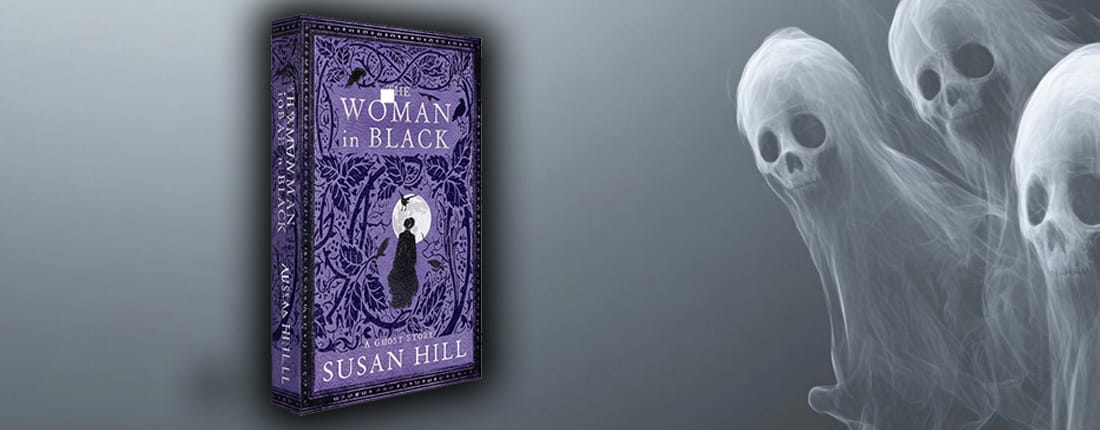
The Woman in Black (1983) by Susan Hill
Recognition: Adapted into major films and plays, enduring popularity
Hill’s chilling tale of a black-clad specter terrorizing a small English town has become a contemporary classic, known for its eerie atmosphere, escalating dread, and twist ending. The novel is a favorite among modern readers and theater-goers alike.

Beloved (1987) by Toni Morrison
Recognition: Pulitzer Prize for Fiction, Nobel Prize for Literature
Morrison’s haunting tale of a former slave haunted by the ghost of her baby is both supernatural and fiercely historical. The novel explores the trauma of slavery through its unforgettable specter, merging ghostly horror with deep realism.
If you’ve made it this far down the ghostly corridors of my book list, congratulations! Hopefully, you didn’t scream, slam your laptop shut, or call a priest. That’s a victory worth celebrating. These ghost stories might haunt your imagination, but they’ll also remind you what a delight it is to be completely spooked by a good book. After all, there’s something strangely comforting about knowing that the creak in the hallway is just…well, probably the house settling. Probably.
This post also marks the spirited beginning of the new Readers With Wrinkles series, Reading Scary Stories in Scary Times. Between life’s everyday anxieties and the world’s general chaos, sometimes it feels like we’re all already living in a horror novel. So why not add some well-crafted phantoms to the mix? At least literary ghosts are entertaining, unlike rising grocery prices.
But don’t slip quietly back into the shadows just yet. The next post in the series cranks up the cauldron heat with witches. Yes, broomsticks, black cats, and spellbooks galore. The sequel is entitled Stirring the Cauldron: Essential Witch Books for Every Reader, and trust me, you’ll want to join me for that brew. Until then, keep your nightlight close, your book pile closer, and remember…if someone whispers your name when no one’s around, maybe it’s just one of these stories following you home.


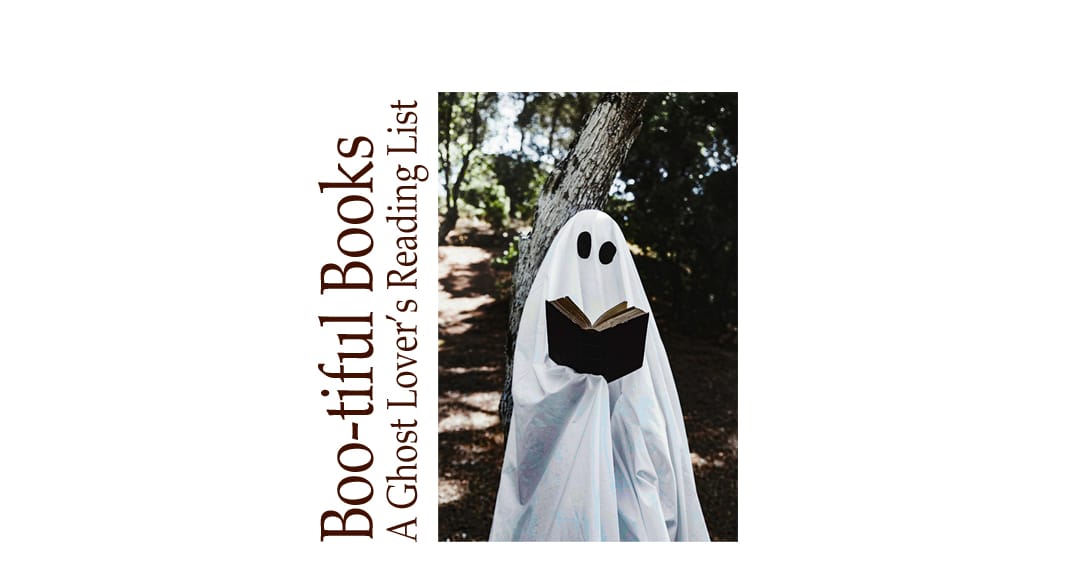
Comments